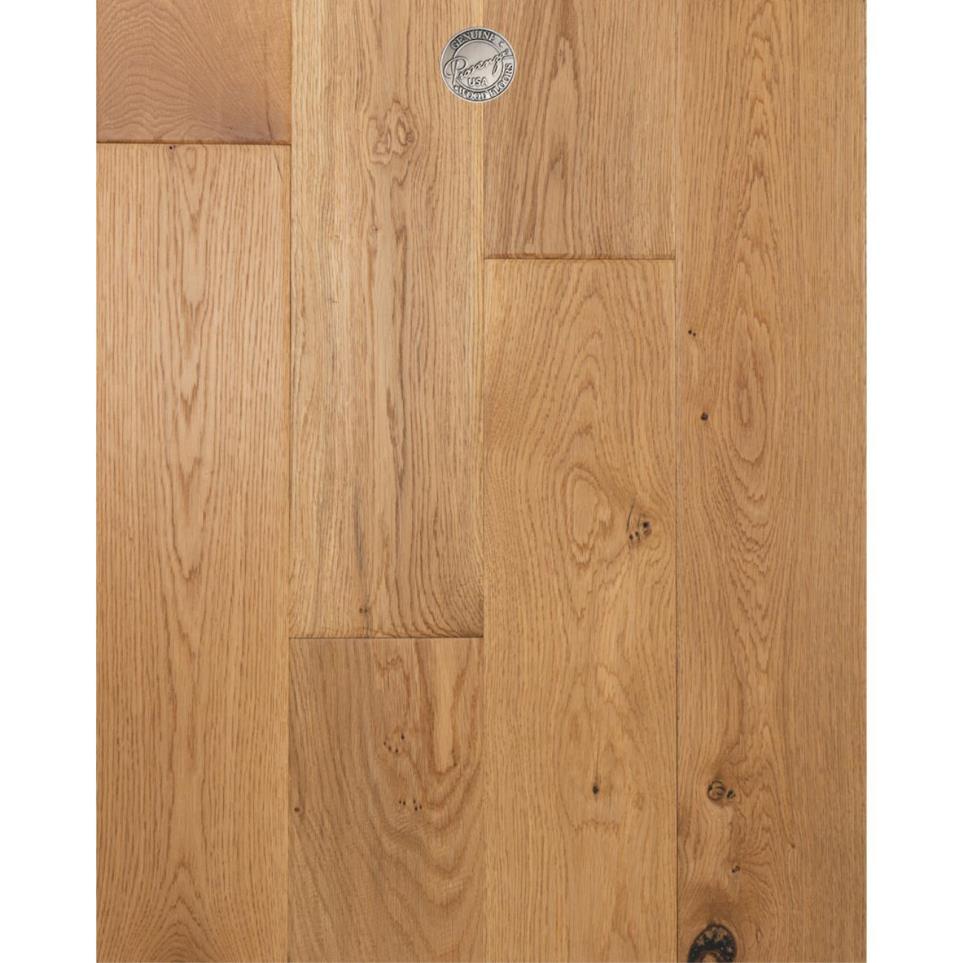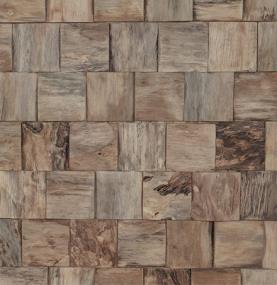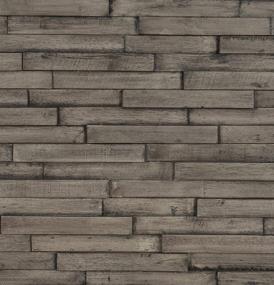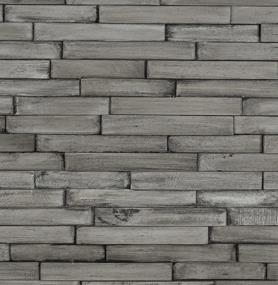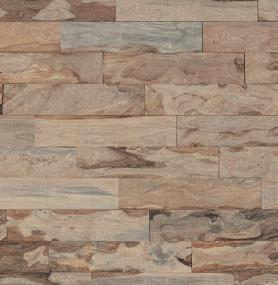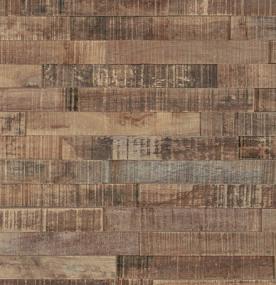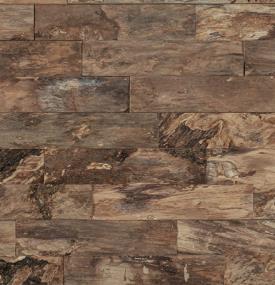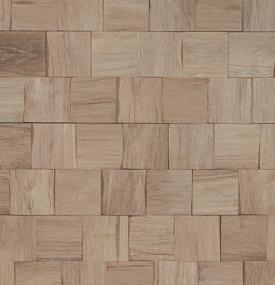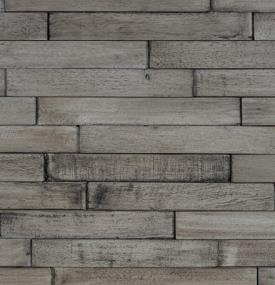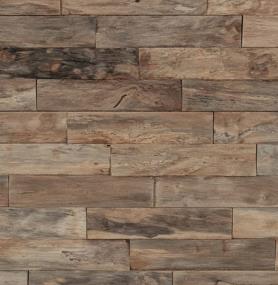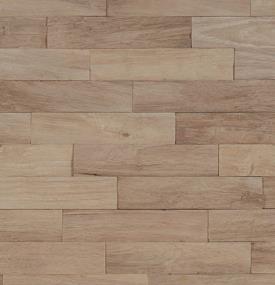Though pricier, solid wood is an incredibly durable, visually-appealing and low-maintenance flooring option that lasts a lifetime.
When you imagine your dream home—the one where price doesn't matter—what do your floors look like? For many, it’s breathtaking hardwood flooring in their preferred color. That might be a creamy, honey blonde with just a hint of grain, or perhaps a rich chocolate brown infused with coffee-colored, ribbon-like swirls. But this gorgeous natural resource offers more than just visual appeal. Solid wood flooring is also an incredibly durable, low-maintenance option that lasts a lifetime.
You really love the character of solid wood flooring, but is it worth the money for your active home? Listing the pros and cons may help you decide.
Some of the advantages of solid wood floors include:
On the downside:
You're pretty sure you're all in on the idea of a wood-look floor, but now it's time to settle the solid hardwood vs. engineered hardwood debate. Knowing the difference between the two can help you determine which one best meets what you need for your home.
Now that you understand the distinction between these two flooring types, you can focus on the factors specific to your house that may also influence your decision, like:
It's official—you're taking the leap and spending a good amount on high-quality solid hardwood flooring. Now you just have to find the perfect look to fit your family's style, whether that's a clean, contemporary vibe or a hodge-podge collection of cherished keepsakes in a warm and inviting space.
Thinking through the following questions can help you narrow your focus in the broad sea of hardwood flooring options:
Solid hardwood flooring is like any symbiotic relationship: if you treat it with respect, it will be there to support you. The cleaning basics are pretty straightforward. Sweep or vacuum regularly to prevent dust, dirt, and other debris from accumulating and scratching the floor. If your kids accidentally spill their water cup while painting or your pup has an accident in the corner, take care of it ASAP by following the manufacturer's instructions.
It's a given that solid wood floors offer a level of durability unlike other options you'll see in the showroom. But not all hardwood has the same resilience. It also hinges on the species of the wood. The hardest hardwood you'll likely see is hickory, followed closely by white and red oak.
Have you had the pleasure of experiencing firsthand the magnificence of old-growth trees? Their stature and strength can be jaw-dropping, so it's not too surprising to learn that solid wood flooring is impressively long-lasting. If cared for properly, the solid hardwood you install today could still be going strong when your grandkids are your age!
It does, however, take a little effort to get the most for your money with solid hardwood. You'll want a high-quality installation, preferably by experienced professionals who won't cut corners. Routine maintenance, how you clean up spills, and how much foot traffic it gets all factor into your floor's ultimate lifespan.
When you're finalizing your new flooring choice, make sure to ask your local Flooring Canada expert about the warranty protection available. It's worth it for the peace of mind you'll enjoy for the years to come.
If you play your cards right, you can enjoy your new solid flooring for a literal lifetime! It really depends on several factors, including product and installation quality and how well you follow the manufacturer and warranty guidelines.
Yes! Solid wood floors are a wise investment thanks to their impressive strength and high ROI. You can easily get many decades from solid hardwood, enjoying the beautiful patina as it ages.
The best solid hardwood floor for your home is largely dependent on your needs. For an elegant, subtle grain, consider popular oak floors, available in both red oak and white oak. If your biggest concern is resilience, hickory wood may be worth a look since it's the densest hardwood, readily resisting scrapes and scratches.
Most hardwood floors are a standard 3/4 inches thick. You can also find 5/16-inch and 1/2-inch, usually as more modern wide planks.
Choosing between engineered hardwood and solid hardwood is dependent on what you're looking for. Are you on the hunt for wood-look flooring you can use throughout your entire house, including bathrooms and your below-grade basement? Then, engineered hardwood is the better option since it can handle high-moisture areas. But if you’re looking for a classic hardwood that will age with grace in the bedroom, then solid hardwood flooring might be better for you since it offers a significantly longer lifespan and the option to sand and refinish when it's time for a fresh look.
Flooring Canada collects data when you visit our website as described in our Privacy Policy. By continuing to browse, you accept and agree to our enhancing your experience with cookies. Learn more.
